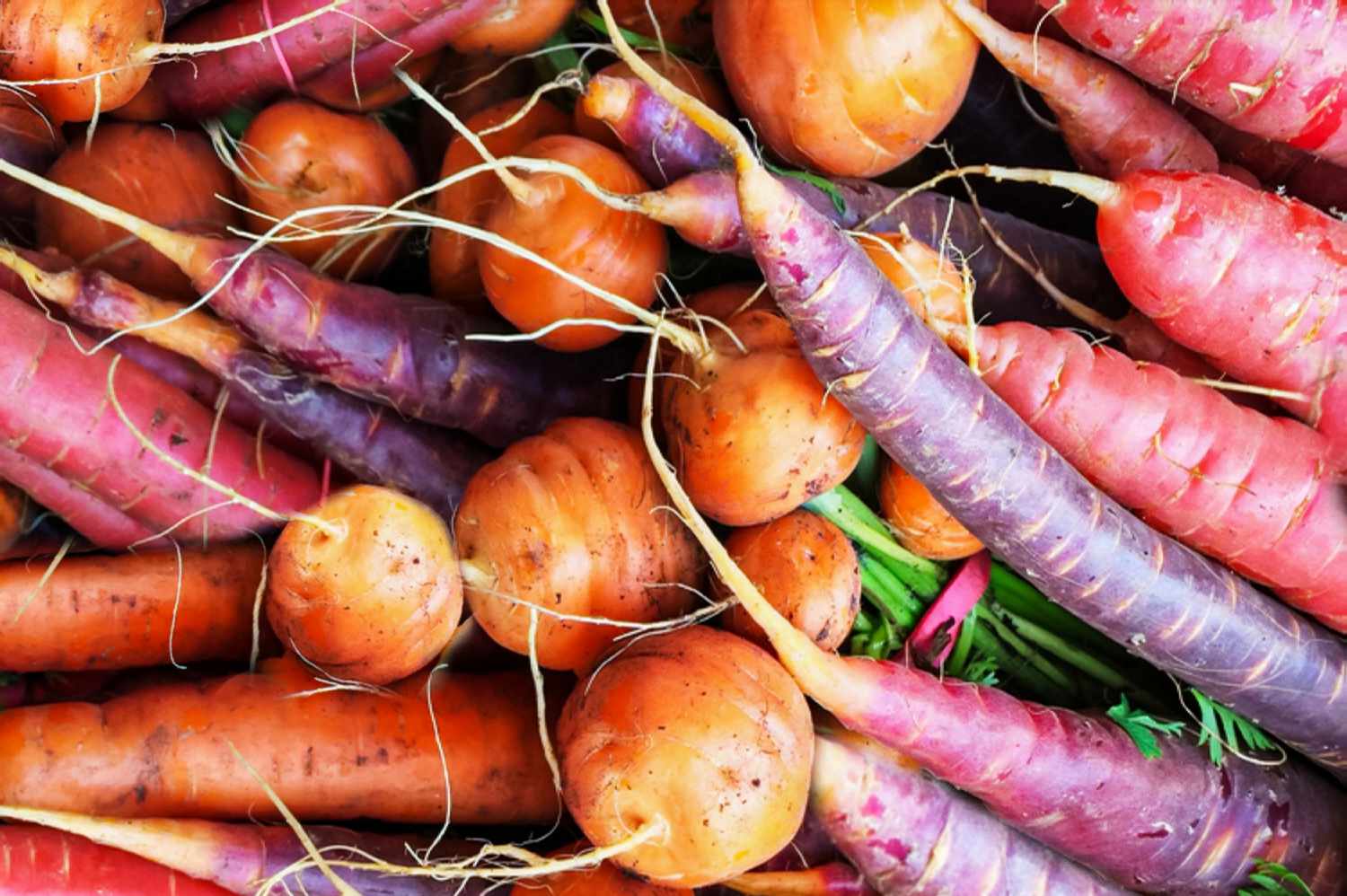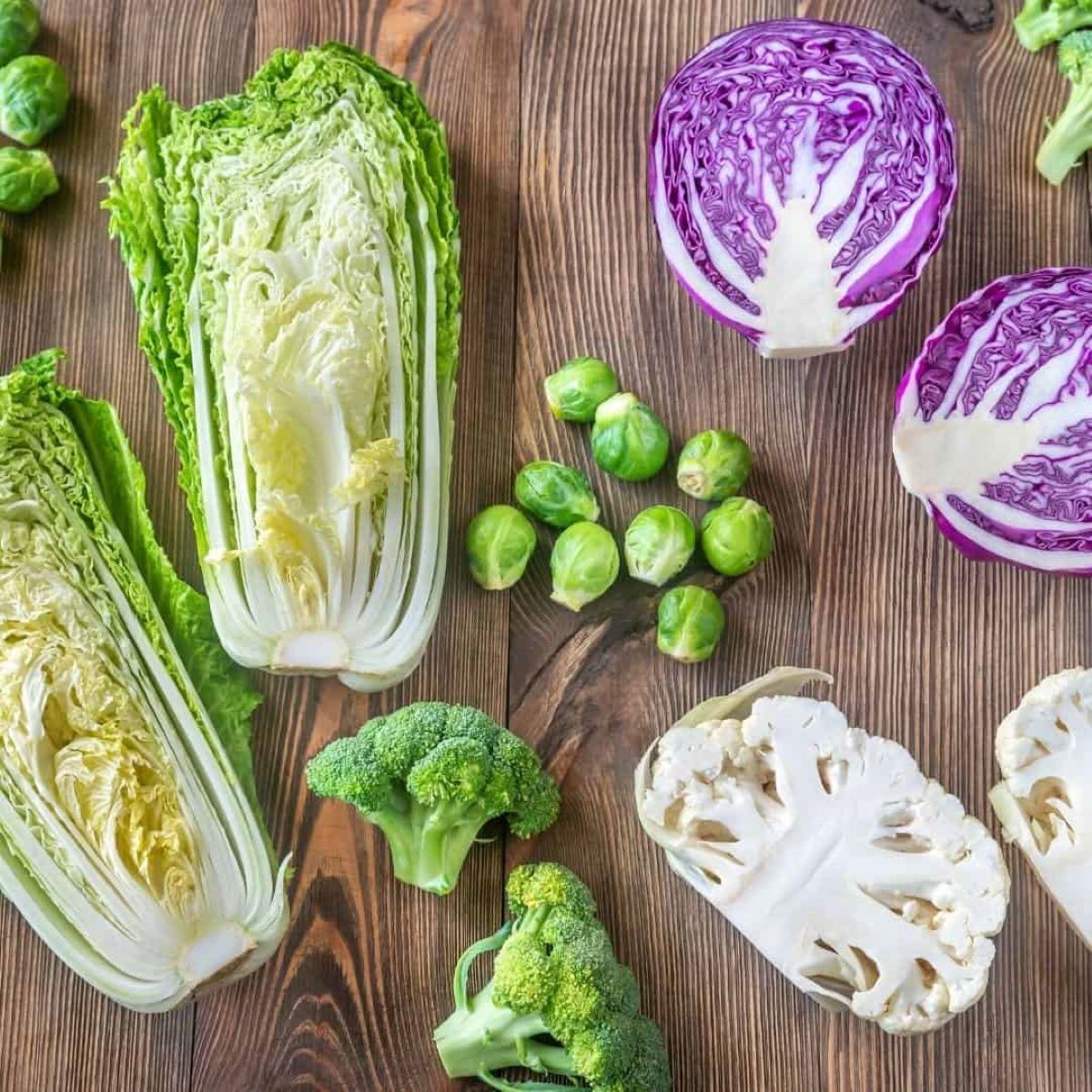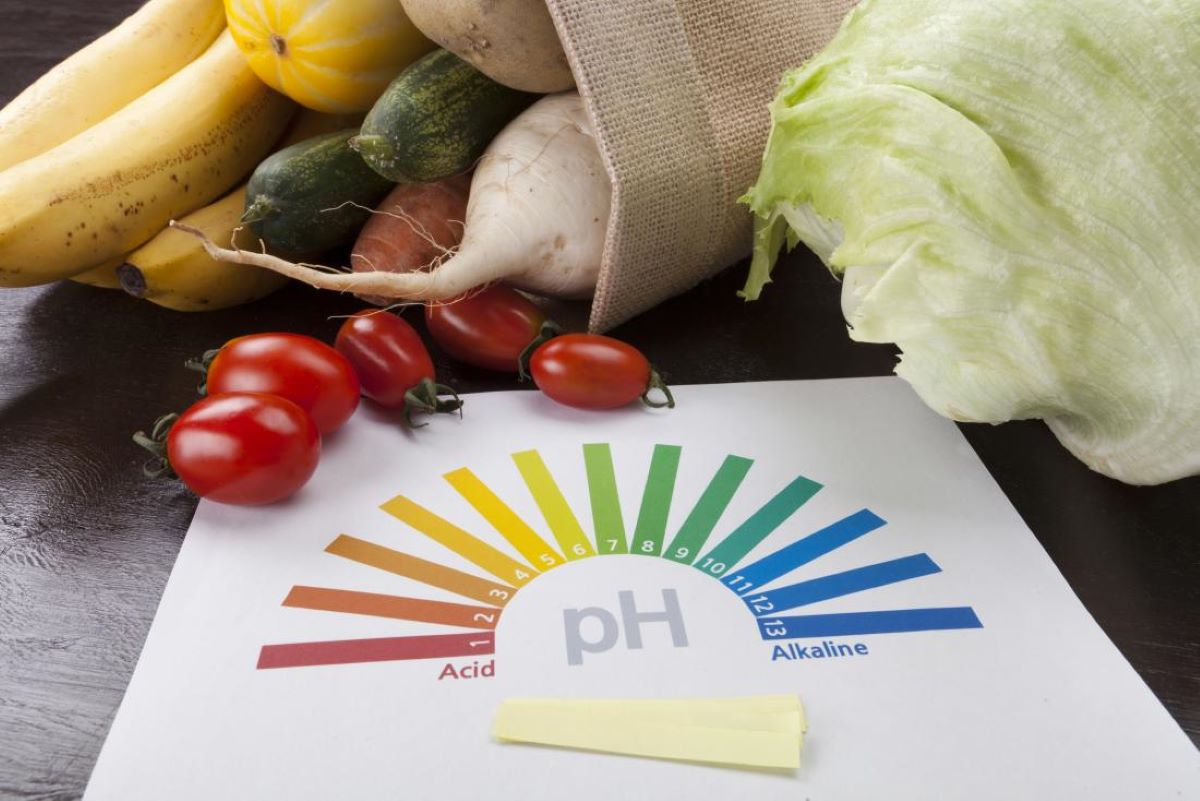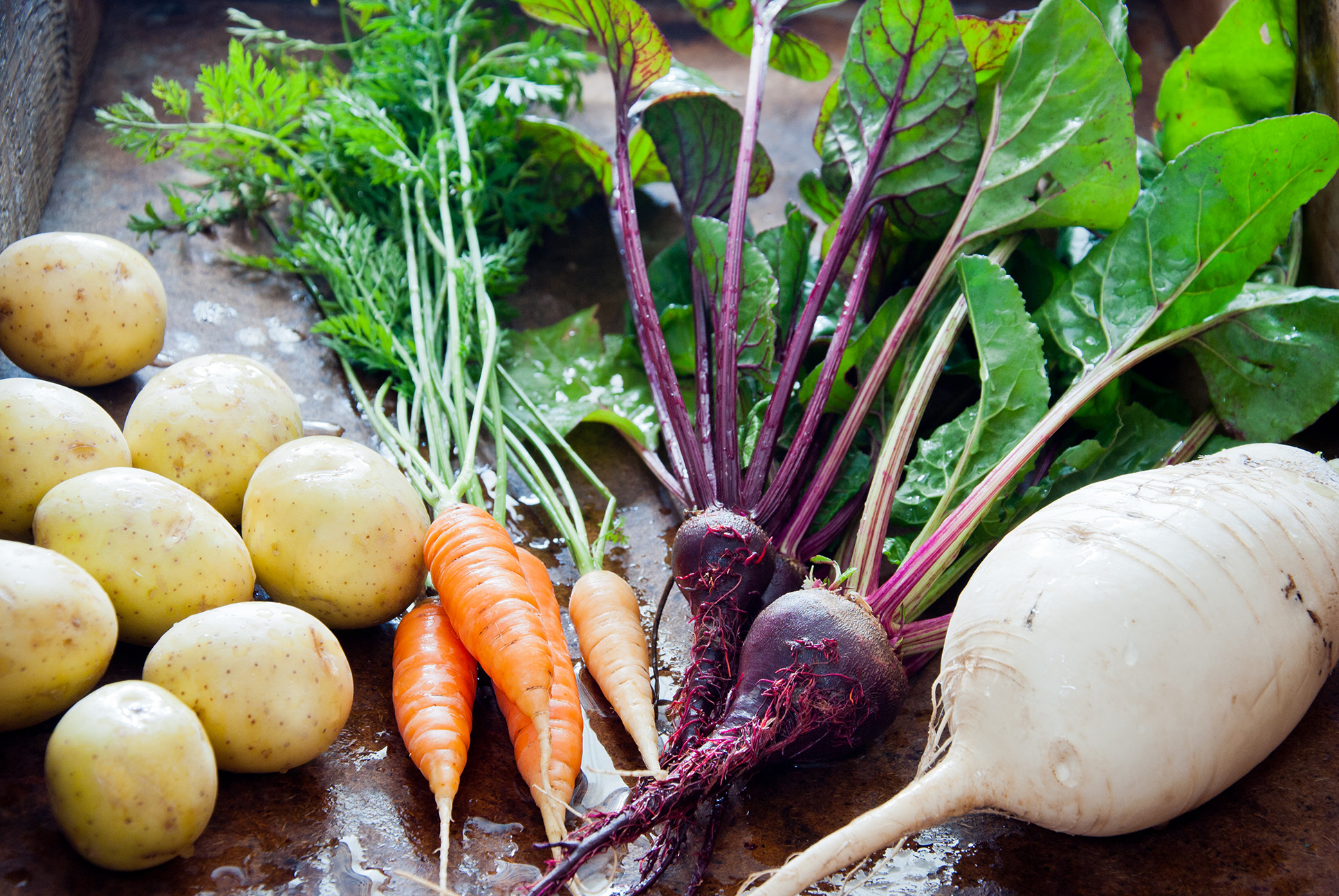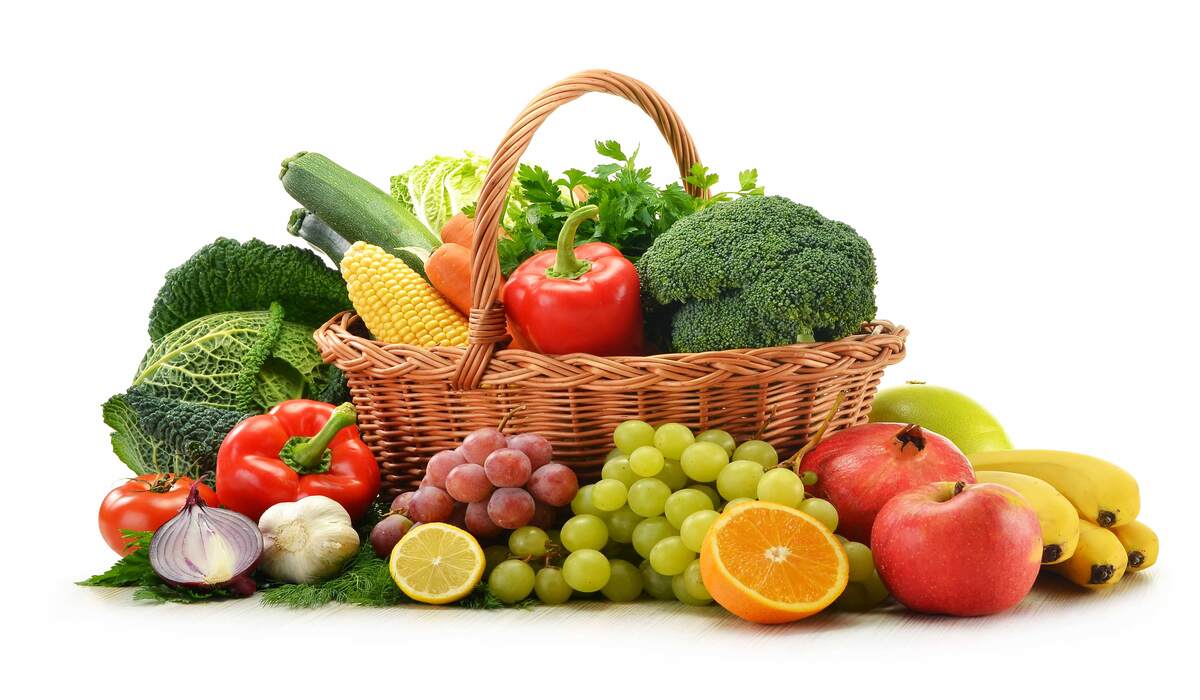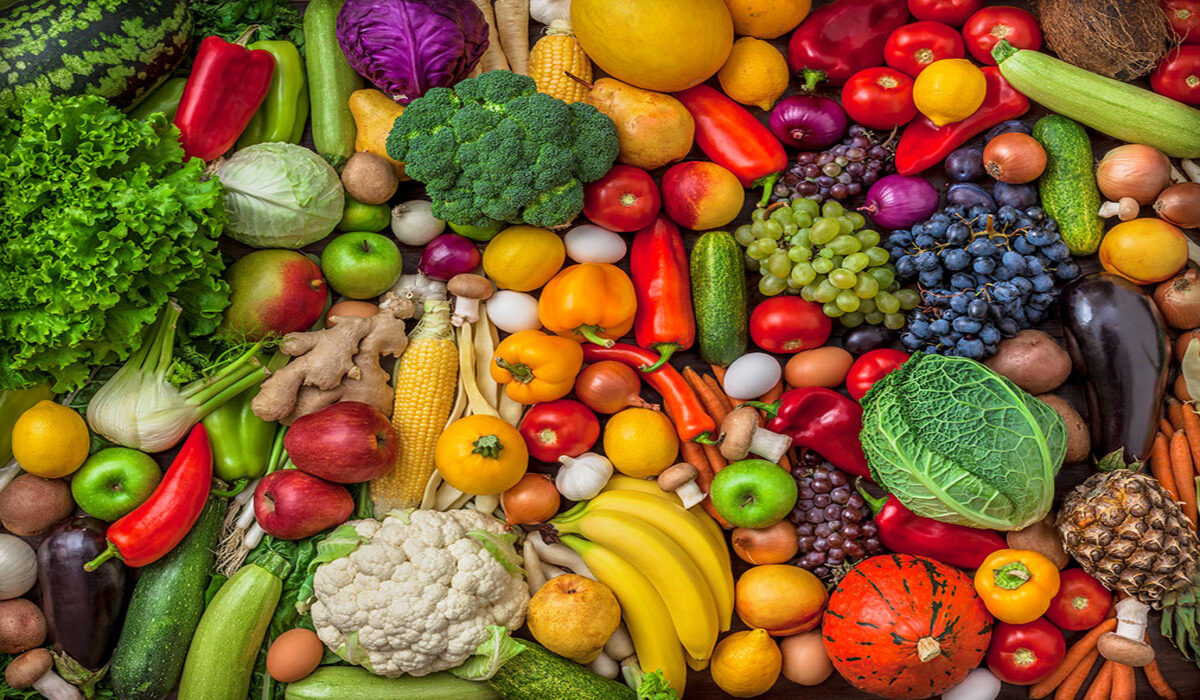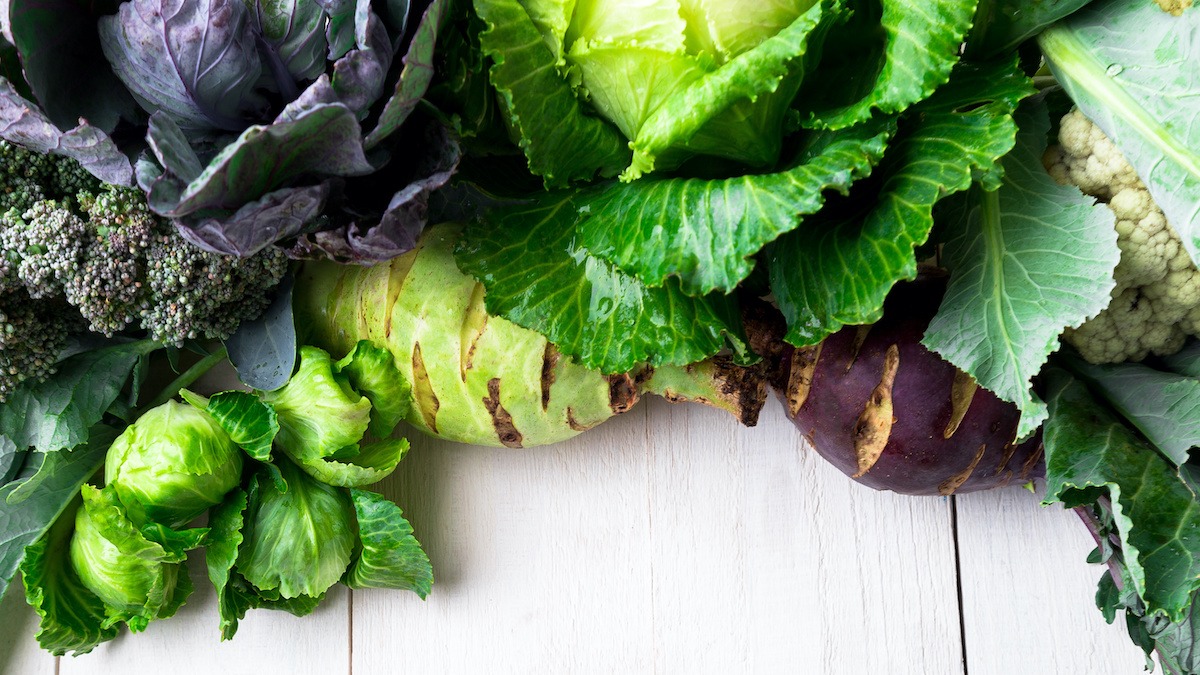Home>Types of Gardening>Edible Gardening>What Is Allium Vegetables
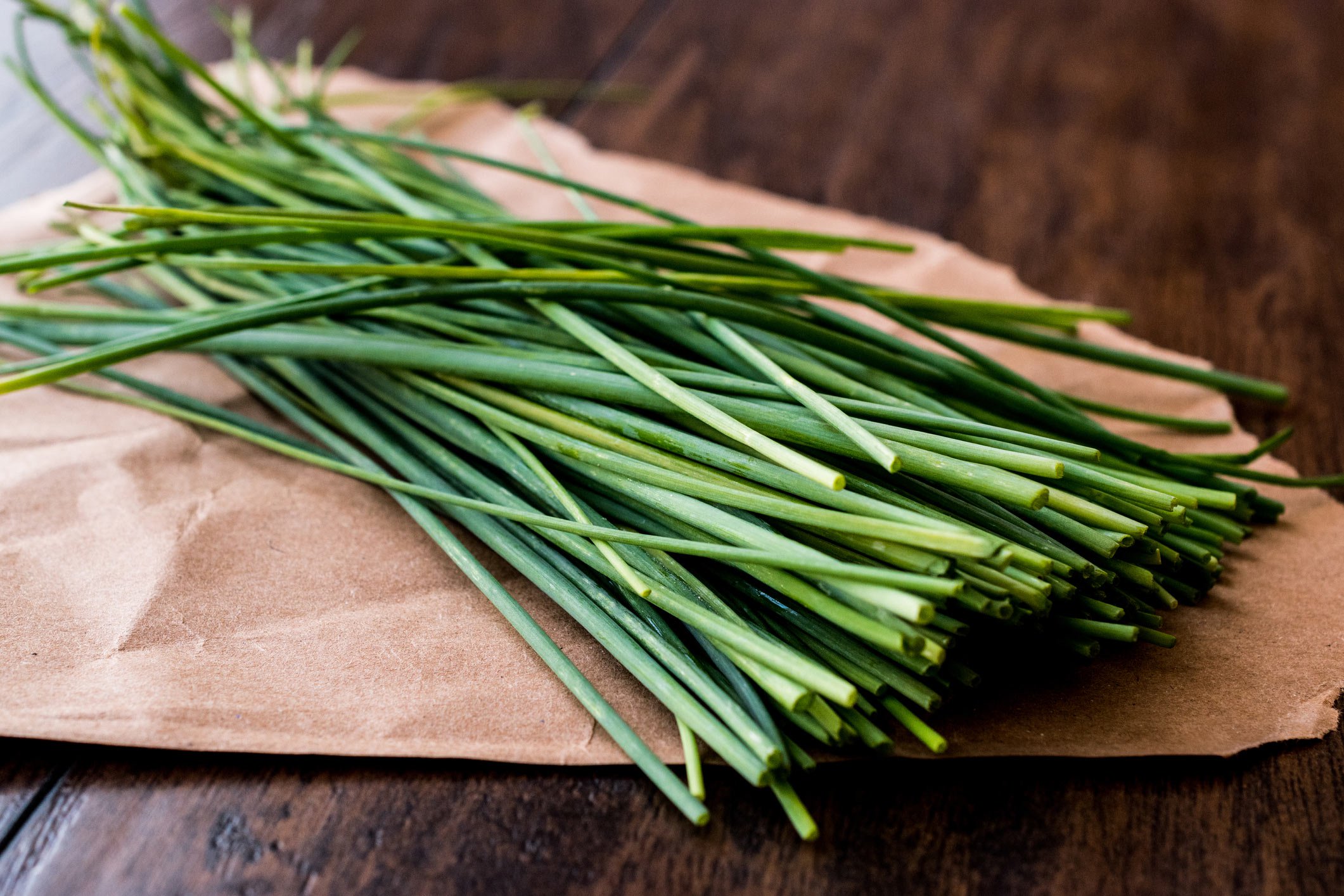

Edible Gardening
What Is Allium Vegetables
Published: October 11, 2023
Learn about allium vegetables and their benefits in edible gardening. Discover how to grow and care for these flavorful and nutritious plants.
(Many of the links in this article redirect to a specific reviewed product. Your purchase of these products through affiliate links helps to generate commission for Chicagolandgardening.com, at no extra cost. Learn more)
Table of Contents
Introduction
Welcome to the world of edible gardening, where you can turn your backyard into a bountiful oasis of fresh produce. One of the most rewarding aspects of growing your own food is the ability to harvest and enjoy the fruits (and vegetables) of your labor. And when it comes to edible gardening, there are few plants as versatile and beneficial as allium vegetables.
Allium vegetables, also known as the onion family, encompass a wide range of plants that have been cultivated and consumed for centuries. From the pungent aroma of garlic to the delicate flavors of leeks and chives, allium vegetables bring a unique taste and nutritional value to any dish.
In this article, we will explore the world of allium vegetables, discussing their different types, nutritional benefits, culinary uses, and potential health benefits. However, it is important to note that while these vegetables offer a wealth of advantages, they may not be suitable for everyone. As with any dietary choices, it is crucial to consider individual preferences and consult with a healthcare professional or nutritionist if needed.
So, whether you are an experienced gardener looking to expand your repertoire or a beginner searching for a new addition to your edible garden, join us on this journey to discover the wonders of allium vegetables.
Definition of Allium Vegetables
Allium vegetables belong to the genus Allium, which is part of the Amaryllidaceae family. They are characterized by their distinctive pungent aroma and flavor, which is attributed to the presence of sulfur compounds. These compounds not only contribute to their strong taste but also offer numerous health benefits.
The allium family includes a wide variety of vegetables, such as onions, garlic, leeks, shallots, scallions, chives, and ramps. Each member of this diverse family possesses unique characteristics and flavors, making them versatile in the kitchen.
Allium vegetables have a long history of culinary, medicinal, and cultural significance. They have been cultivated and consumed worldwide for centuries, adding depth and complexity to a multitude of dishes in various cuisines. Additionally, many cultures have associated allium vegetables with medicinal properties, using them to treat various ailments and boost immunity.
When it comes to growing allium vegetables in your own garden, they are generally low-maintenance plants that can thrive in a variety of climates. They are known for their resilience, making them suitable for both novice and experienced gardeners alike.
Overall, allium vegetables are a valuable addition to any diet and garden. Their distinct flavor profiles and health benefits make them an essential ingredient in countless recipes. Whether you are sautéing onions for a savory stir-fry or adding garlic to your favorite pasta sauce, allium vegetables are sure to elevate your culinary adventures.
Common Types of Allium Vegetables
The allium family encompasses a variety of vegetables, each with its own unique characteristics and culinary uses. Here are some of the most commonly found types of allium vegetables:
- Onions: Onions are perhaps the most well-known member of the allium family. They come in different varieties, including red, yellow, and white onions. Onions are versatile and can be used in a variety of dishes, from soups and stews to salads and salsas.
- Garlic: Garlic is known for its distinctive pungent flavor and aroma. It is used as a flavor enhancer in a wide range of dishes, including pasta sauces, stir-fries, and marinades. Not only does garlic add a delicious taste, but it also offers various potential health benefits.
- Leeks: Leeks have a milder flavor compared to onions and garlic. They have a subtle sweetness and are often used in soups, stews, and vegetable dishes. Leeks can be enjoyed both raw and cooked, and their white and light green parts are usually used in recipes.
- Shallots: Shallots are small, bulbous vegetables with a milder and sweeter flavor than onions. They are commonly used in French cuisine and add a delicate taste to dressings, sauces, and roasted dishes.
- Scallions: Also known as green onions or spring onions, scallions have a mild flavor and are typically used as a garnish or in salads, stir-fries, and soups. They are characterized by their long green stems and small white bulbs.
- Chives: Chives have thin, hollow stems and a mild, onion-like flavor. They are commonly used as a garnish in dishes like baked potatoes, soups, and salads. Chives add a pop of color and a subtle onion taste to any dish.
- Ramps: Ramps, also known as wild leeks, have gained popularity in recent years for their unique taste and limited availability. They have a strong onion and garlic flavor and are often used in pesto, sauces, and sautés. Ramps are typically foraged rather than cultivated.
These are just a few examples of the many types of allium vegetables. Each variety brings its own distinct flavors and textures to the table, allowing for endless culinary possibilities.
Nutritional Benefits of Allium Vegetables
Allium vegetables not only add flavor to your meals but also provide a host of nutritional benefits. Here are some of the key nutrients found in these versatile vegetables:
- Sulfur Compounds: Allium vegetables contain sulfur compounds, such as allicin, which contribute to their distinctive aroma and taste. These compounds may have antioxidant and anti-inflammatory properties, potentially benefiting overall health.
- Vitamins and Minerals: Allium vegetables are excellent sources of essential vitamins and minerals. They are particularly rich in vitamin C, which is important for immune function, collagen production, and antioxidant protection. Allium vegetables also provide vitamin B6, folate, and potassium.
- Antioxidants: Allium vegetables are known for their antioxidant properties. Antioxidants help protect the body from oxidative stress and reduce the risk of chronic diseases. The sulfur compounds and other phytochemicals found in allium vegetables contribute to their antioxidant activity.
- Heart Health: Consuming allium vegetables may have cardiovascular benefits. Research suggests that these vegetables may help lower blood pressure, reduce cholesterol levels, and improve overall heart health. The sulfur compounds in allium vegetables are believed to play a role in these cardiovascular benefits.
- Anti-Cancer Properties: Some studies have suggested that allium vegetables may have anti-cancer properties. The sulfur compounds and other bioactive compounds found in these vegetables may help inhibit the growth of cancer cells and reduce the risk of certain cancers, including stomach and colorectal cancer.
- Immune Boosting: Allium vegetables are known for their potential immune-boosting properties. The high vitamin C content, along with other antioxidants and phytochemicals, can help support a healthy immune system and protect against illnesses and infections.
It is important to note that while allium vegetables offer numerous nutritional benefits, they should be consumed as part of a balanced diet. Incorporating a variety of fruits, vegetables, whole grains, and lean proteins will help ensure the intake of all essential nutrients for optimal health.
Culinary Uses of Allium Vegetables
Allium vegetables are beloved for their savory and flavorful characteristics, making them essential ingredients in countless culinary creations. Here are some popular culinary uses of allium vegetables:
- Seasonings: Onions and garlic are commonly used as base ingredients in many recipes. They add depth of flavor and enhance the overall taste of dishes such as soups, stews, sauces, and marinades.
- Sautéing and Stir-frying: Allium vegetables, such as onions and scallions, are often sautéed or stir-fried as a starting point for many dishes. They provide a flavorful foundation and can be combined with various vegetables, meats, or grains for a delicious meal.
- Garnishes: Chives, scallions, and finely chopped green onions make excellent garnishes for a wide variety of dishes. They not only add visual appeal but also a fresh and mildly onion-like flavor.
- Pickling: Shallots and onions are often pickled to create tangy and flavorful accompaniments to sandwiches, burgers, and salads. The pickling process adds a delicious twist to the natural sweetness of these vegetables.
- Raw Preparations: Allium vegetables can be enjoyed raw in salads and salsas. Finely diced onions or chives add a pop of flavor and texture to fresh greens, while garlic adds a punch of flavor to homemade dressings and dips.
- Roasting and Grilling: Roasting or grilling allium vegetables can bring out their natural sweetness and create a caramelized and smoky flavor. Whole garlic bulbs can be roasted until soft and spread on bread or mashed into a creamy puree.
- Making Condiments and Spreads: Allium vegetables are often used as a base for condiments and spreads. Traditional favorites like garlic aioli, onion jam, and chive cream cheese highlight the unique flavors of these vegetables.
The culinary uses of allium vegetables are virtually endless. Experimenting with different types of allium vegetables and incorporating them into your favorite recipes can elevate the taste and add a delicious twist to your meals.
Health Benefits of Allium Vegetables
Allium vegetables not only add flavor to dishes but also offer a range of potential health benefits. Here are some of the health benefits associated with consuming allium vegetables:
- Antibacterial and Antifungal Properties: Allium vegetables, especially garlic, have been used for centuries for their antibacterial and antifungal properties. They contain compounds that may help fight against harmful bacteria and fungi, promoting a healthy microbial balance in the body.
- Anti-inflammatory Effects: Allium vegetables contain compounds that have been found to possess anti-inflammatory properties. This may help reduce inflammation in the body, which is associated with various chronic diseases, including heart disease and certain types of cancer.
- Cardiovascular Health: Studies have shown that allium vegetables, particularly garlic and onions, may have a positive effect on cardiovascular health. They may help reduce blood pressure, cholesterol levels, and the risk of blood clot formation, thus lowering the risk of heart disease and stroke.
- Immune Boosting: Allium vegetables are rich in immune-boosting nutrients, such as vitamin C and antioxidants. These nutrients help support the immune system, strengthen the body’s defenses against infections, and promote overall immune health.
- Anticancer Potential: Some research suggests that allium vegetables may have anticancer properties. Certain compounds found in these vegetables, such as allicin, have been shown to inhibit the growth of cancer cells and reduce the risk of certain cancers, including stomach, colorectal, and prostate cancer.
- Digestive Health: Allium vegetables can contribute to a healthy digestive system. They contain dietary fiber, which aids in digestion, promotes regular bowel movements, and supports gut health. Additionally, allium vegetables may have prebiotic effects, nourishing beneficial gut bacteria.
- Antioxidant Protection: Allium vegetables are rich in antioxidants, which help neutralize harmful free radicals in the body and protect against oxidative stress. This can have a positive impact on overall health and may help reduce the risk of chronic diseases.
It is worth noting that while allium vegetables offer potential health benefits, they should be consumed as part of a balanced diet and healthy lifestyle. It is always essential to consult with a healthcare professional before making any significant dietary changes or relying solely on specific foods for health benefits.
Possible Side Effects of Allium Vegetables
Allium vegetables offer numerous health benefits, but it is important to be aware of potential side effects that may arise from their consumption. Here are some possible side effects associated with allium vegetables:
- Digestive Issues: Allium vegetables, particularly onions and garlic, can cause digestive discomfort in some individuals. They contain fermentable fibers and sulfur compounds that may lead to bloating, gas, and even gastrointestinal distress or heartburn.
- Bad Breath: The strong aroma of allium vegetables, such as garlic and onions, can lead to temporary bad breath. The sulfur compounds in these vegetables are released during digestion and can be excreted through the lungs, resulting in an unpleasant odor.
- Food Allergies or Sensitivities: Some people may be allergic or sensitive to allium vegetables. Allergic reactions to these vegetables are rare but can include symptoms like skin rashes, itching, swelling, or difficulty breathing. If you experience any allergic reactions after consuming allium vegetables, it is important to seek medical attention.
- Interactions with Medications: Certain compounds found in allium vegetables, such as garlic, may interact with certain medications. For example, garlic may increase the risk of bleeding when taken with blood-thinning medications. It is important to consult with a healthcare professional if you are taking any medications to determine if there are any potential interactions.
- Potential for Gastroesophageal Reflux Disease (GERD): Allium vegetables, especially onions and garlic, can trigger symptoms of gastroesophageal reflux disease (GERD) in some individuals. GERD causes acid reflux and heartburn, and consuming these vegetables may exacerbate these symptoms. It is advisable to reduce or avoid consumption if you have GERD or are prone to acid reflux.
While these side effects are possible, it is important to remember that they may not affect everyone. Allium vegetables are generally well-tolerated and offer numerous health benefits. However, if you experience any adverse symptoms after consuming allium vegetables, it is recommended to reduce or avoid their consumption and consult with a healthcare professional.
Conclusion
Allium vegetables are more than just culinary staples—they are powerhouses of flavor and nutrition. From the pungent aroma of garlic to the delicate sweetness of leeks, each member of the allium family brings its own unique qualities to the table. Whether you’re an avid gardener looking to expand your edible garden or a food enthusiast seeking new culinary adventures, allium vegetables are a must-have addition to your repertoire.
Not only do allium vegetables enhance the taste and aroma of dishes, but they also provide an array of potential health benefits. From their potential antibacterial and anti-inflammatory properties to their cardiovascular and immune-boosting effects, these versatile vegetables offer a wealth of nutritional advantages. However, it is important to be aware of possible side effects, such as digestive issues and food allergies, and to consult with a healthcare professional if needed.
From sautéing and stir-frying to pickling and garnishing, there are countless ways to incorporate allium vegetables into your meals. Their versatility allows them to shine in a variety of cuisines and dishes. Whether you’re preparing a hearty stew, a vibrant salad, or a flavorful spread, allium vegetables add depth, complexity, and a touch of culinary magic to your creations.
In conclusion, allium vegetables are not only delicious but also provide a range of potential health benefits. By incorporating these flavorful and nutrient-packed vegetables into your diet, you can elevate your culinary experiences while supporting your overall well-being. So, embrace the wonders of allium vegetables and embark on a flavorful journey that will enhance your edible garden and nourish your body.
